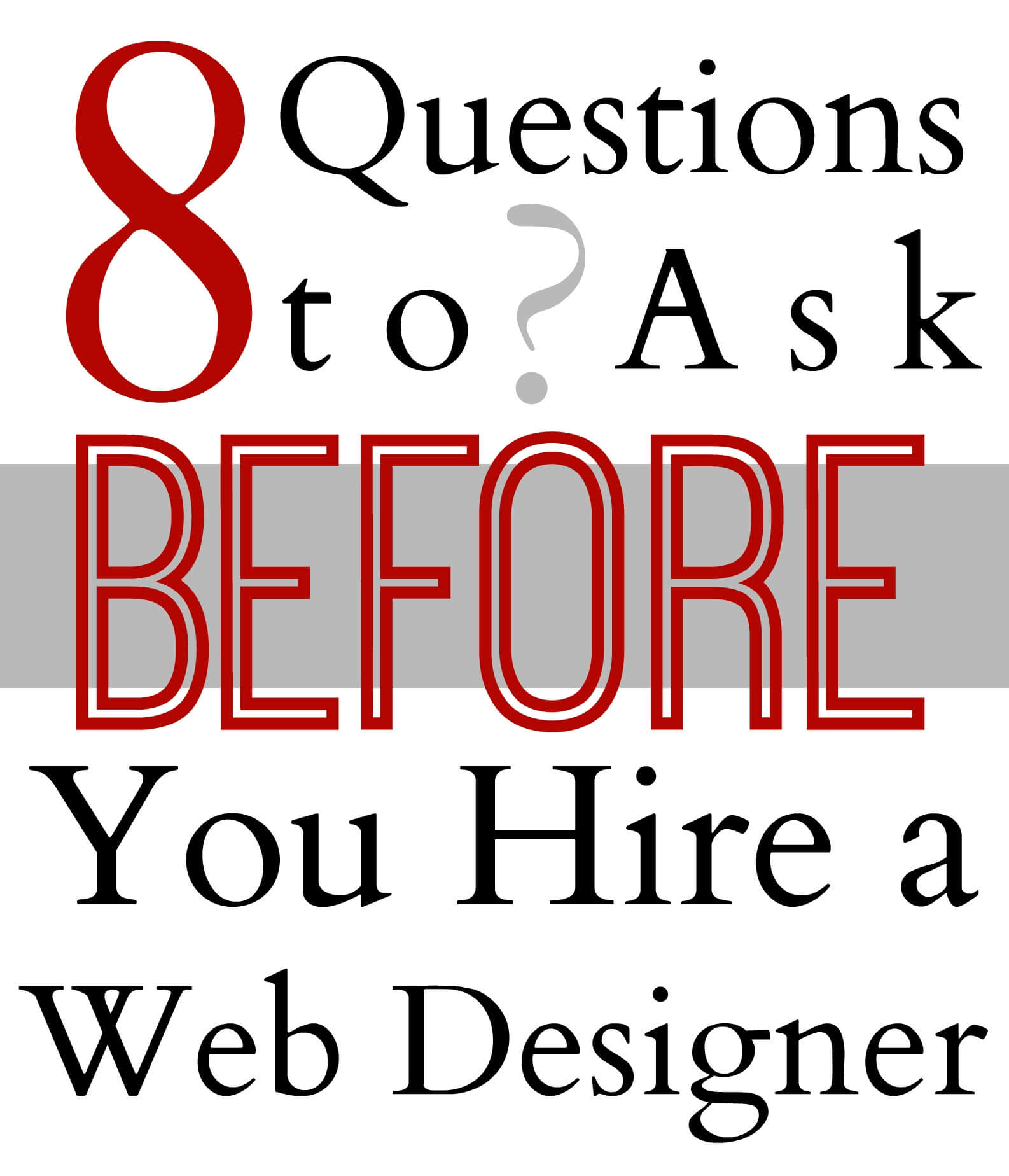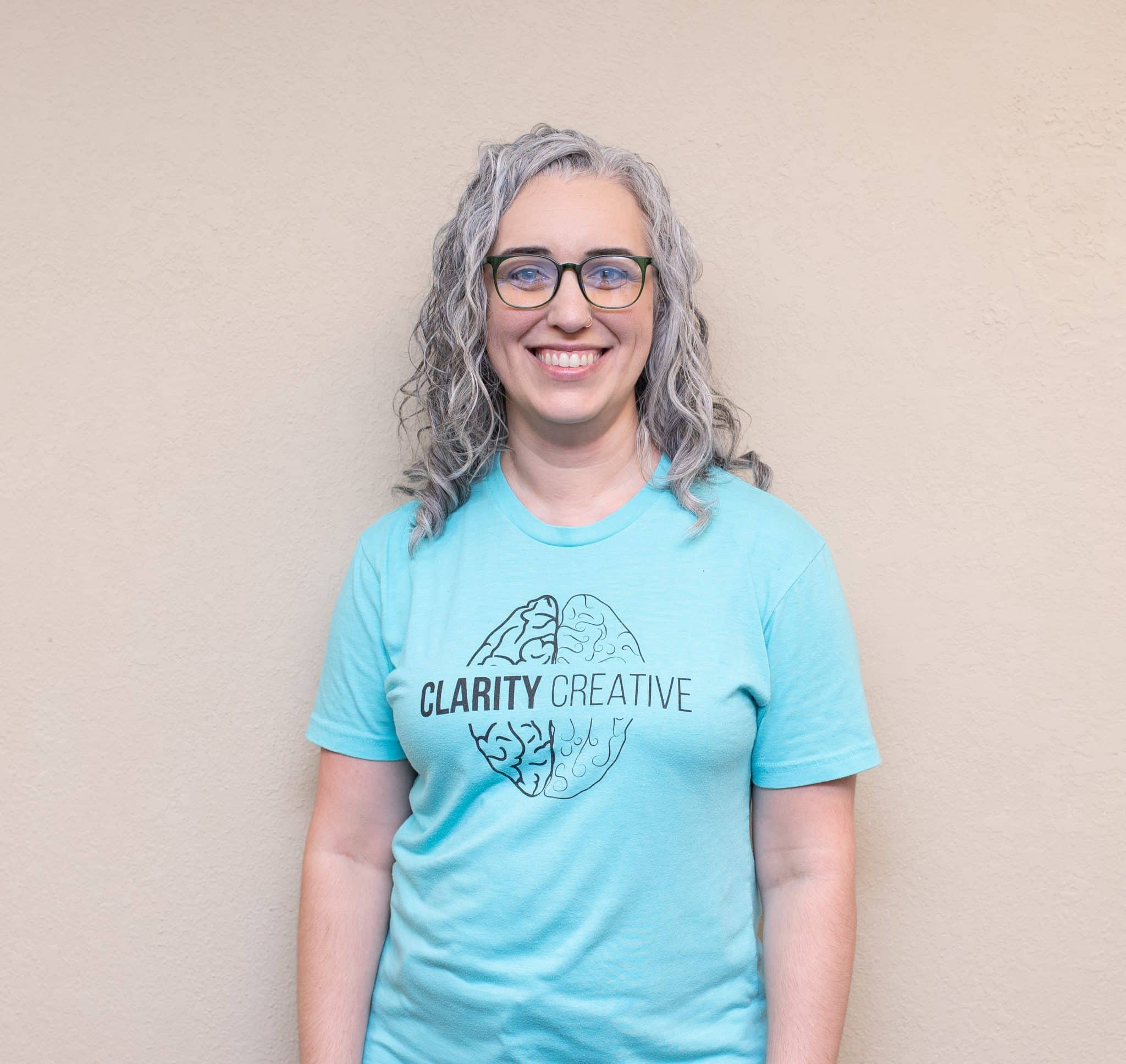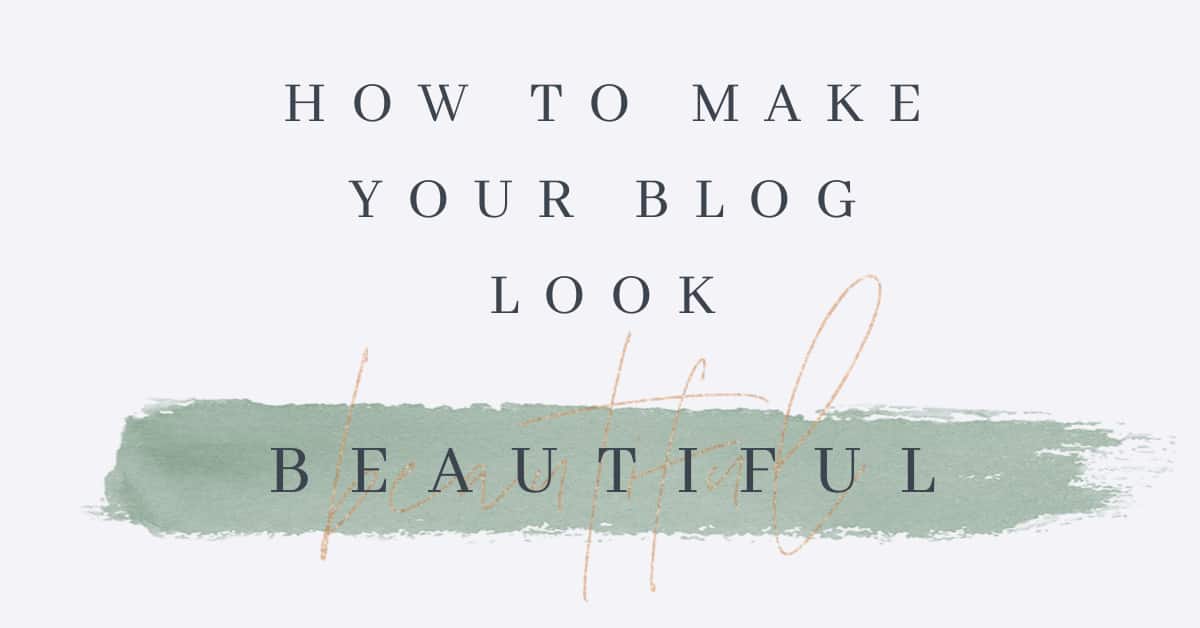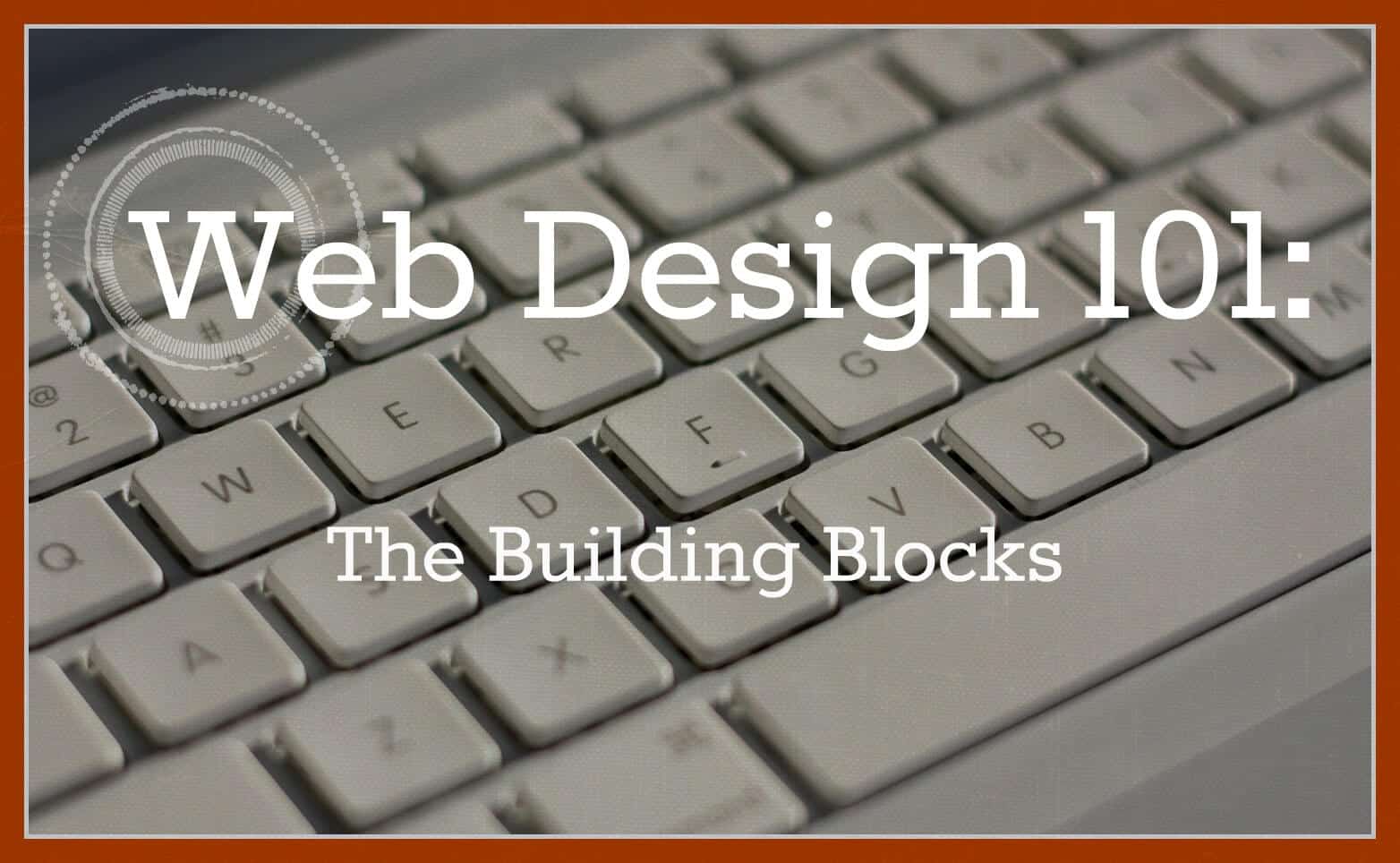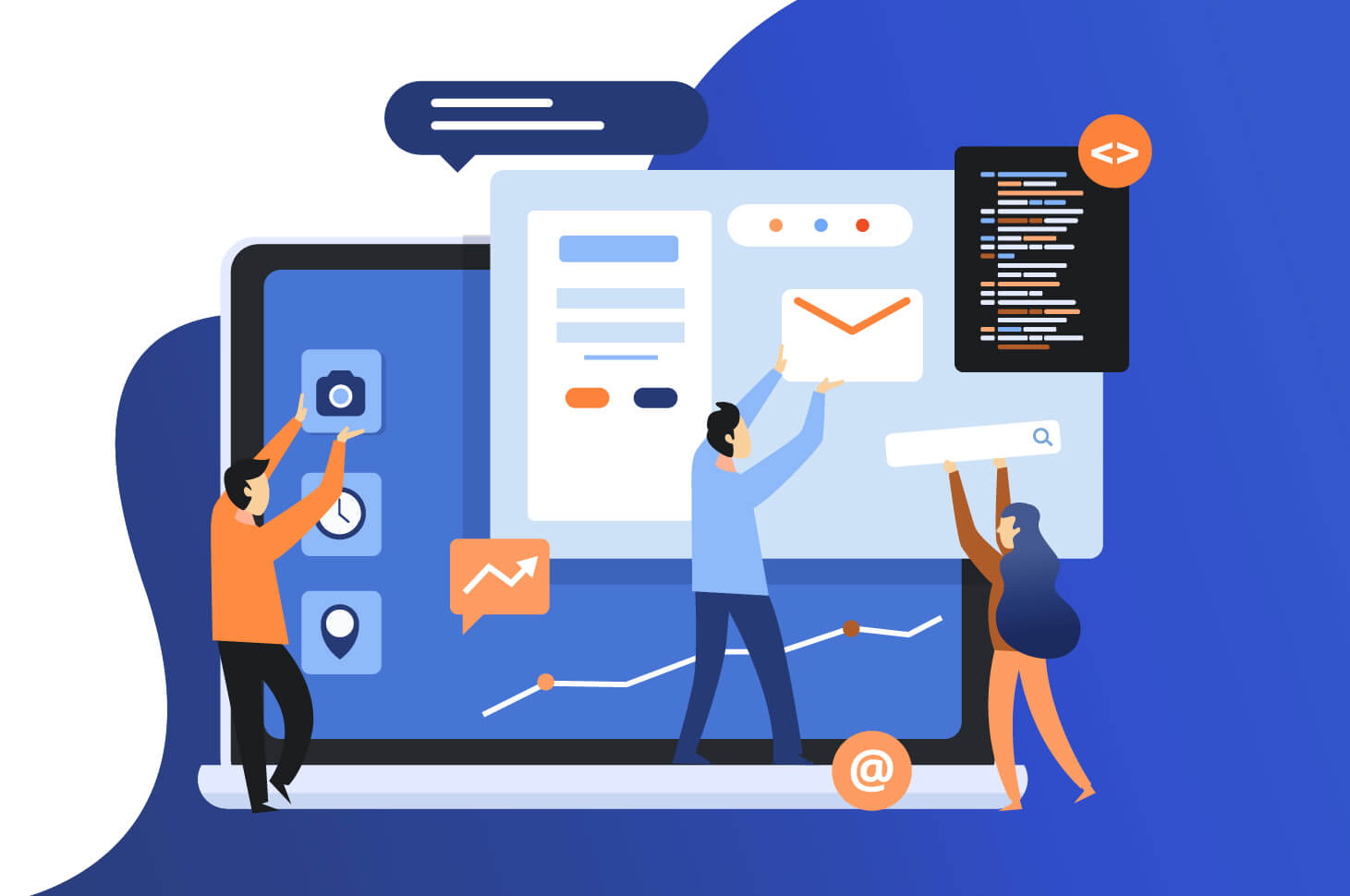You’ve decided your business or personal website needs a redesign (thank you!), but now comes the hard part: deciding on a web designer.
Ever since the first website was created back in 1991, hundreds of thousands of web designers have both failed and flourished.
Some are total experts who know exactly what they’re doing. Some are amateurs who have a lot left to learn. Some are dinosaurs who are stuck back in 1998 (a.k.a. “The Internet Dark Ages”). So how do you choose between them?
Once you’ve read plenty of reviews, asked for recommendations from other successful businesses, and narrowed down your options, schedule a consultation with each one. We’ve compiled a list of 8 questions to ask before you hire a web designer. These questions will help you get a little more information on what type of designer you’ll be working for and whether they’ll be a good fit for you.
1. Do you charge hourly or by project?
There are pros and cons to both, but you want to make sure that you’re comparing apples to apples when trying to decide between multiple web designers.
Some prefer to charge by project to create trust with the customer (it’s only too easy for a designer to drag out the design process in order to charge more money). Others charge hourly to make sure they’re getting their money’s worth from those clients who seem to always have just “one more punchlist” that needs to be completed.
There’s nothing wrong with either of these options; just make sure you know what you’re getting into.
2. I’m sold on [this feature]. Is this something you can provide? If not, why?
If you’re interested in a website redesign or update, it might be because you heard about a really cool feature that you just have to have on your site. Whatever the bell or whistle is, if you’re absolutely married to the idea, ask whether the potential web designer is capable of providing that for you.
If they don’t offer that service, ask them why. Do they not know how to do it? Do they think that particular feature is unnecessary, outdated, or broken? Or do they simply not offer that service?
For example, we don’t provide mobile app development because it’s just not our strong suit (we would have to charge way too much for the time it would take us). We don’t build Flash intros because they are awful and need to be shot.
3. What other services do you provide?
Before you go for the cheapest proposal because you just want something “basic,” stop and think about your long-term growth as a business. Do you trust yourself to write excellent copy (i.e. text that acts as marketing)? Can you run a decent PPC (pay-per-click) campaign? Do you know all the latest tools for scoping out your preferred demographic and getting out in front of them?
Hiring a web designer who is capable of doing more than just web design can keep your business growing for years to come.
4. Can you give me some examples of your successful track record?
Even an emerging web designer should have one or two examples of successful work, but we’re not just talking about how the site looks.
“Successful” means nothing unless your business can actually benefit from the change, so ask for examples of how their work on a website led to a company’s increased sales, clicks, traffic, etc. If you’re looking to get more traffic through Google, ask about times they have led a profitable PPC campaign.
If you’re hoping to improve your site’s user experience (UX), ask for examples of times they’ve been able to provide that to another business.
5. What platform do you use? Why?
From WordPress to Wix, there are a number of different website platforms that designers use to build a site. Finding out which is the preferred method for your web designer (and why) will provide valuable insight into their skill level.
Also pay attention to why they think their particular platform of choice is so great. Is it because of the number of features they can offer to their clients? Or simply because it’s easy for them to use? A good designer will always keep high-quality work and customer satisfaction as top priorities.
Say Hello, and Let's Get To Work Together
6. Who will be handling simple changes to the site?
The right answer here all depends on your preference.
If you’re short on funds or like to be in control, maybe you want to be able to perform all the simple updates yourself. If you’re short on time, maybe you’d rather shoot your web designer an email every week and have them update it for you.
Out of all the other answers you get, this one will have the most bearing on your day-to-day dealings with the company, so make sure you get what you want (and can afford).
7. What features do you recommend? What would you suggest for a long-term strategy (and are you equipped to handle that when the time comes)?
After you’ve discussed your business and what you’re hoping to gain from a website redesign, ask the company what features they would recommend.
Because this is their world, they’ll know about tricks and tech that the average layperson can’t even imagine. Then, ask them what they would recommend for you in the future—say, 5-10 years down the road. If those long-term strategies are something they will also be able to provide (when the time comes), awesome!
It’s always better to find a company that can grow with you, rather than one that you’ll outgrow.
8. Do you provide hosting? How much is it? Who maintains the server?
Websites need somewhere to live, both virtually and physically, and that’s where hosting comes in.
Your site’s info is stored on a physical machine called a “server” that has to be kept in optimal conditions in a secure location. Most web developers and designers will rent out or buy server space that they will then sub-lease to you.
You can always go through a site like Go Daddy for your web hosting, but your web designer may have another option that is cheaper, faster, or more secure than you would be able to get yourself. Get all the info and crunch the numbers before you decide to take care of it yourself (we actually haven’t had the best experiences with Go Daddy and prefer to use our own server space).
And always ask where the server is located. If a sketchy-looking guy says he has his own server in the rumpus room, you should run.
Conclusion
When meeting with prospective web designers, it’s best to remember that you’re choosing a person or company to help represent you to potential customers, so this isn’t a choice you can make lightly.
In order for your business to be taken seriously, it needs to make a good first impression. And, these days, that means a website.
A business’ website is a virtual presence, but that doesn’t mean it’s pretend. Make sure you choose a web designer who understands you and your goals and whose personality fits with yours. This could be the beginning of a beautiful friendship….[Tweet “A business’ website is a virtual presence, but that doesn’t mean it’s pretend.”]
Clarity Creative Group is a web design & internet marketing company located in beautiful Orlando, Florida. If you’re in the market for a web designer, we’d love for it to be us.
Save
Save
Save

